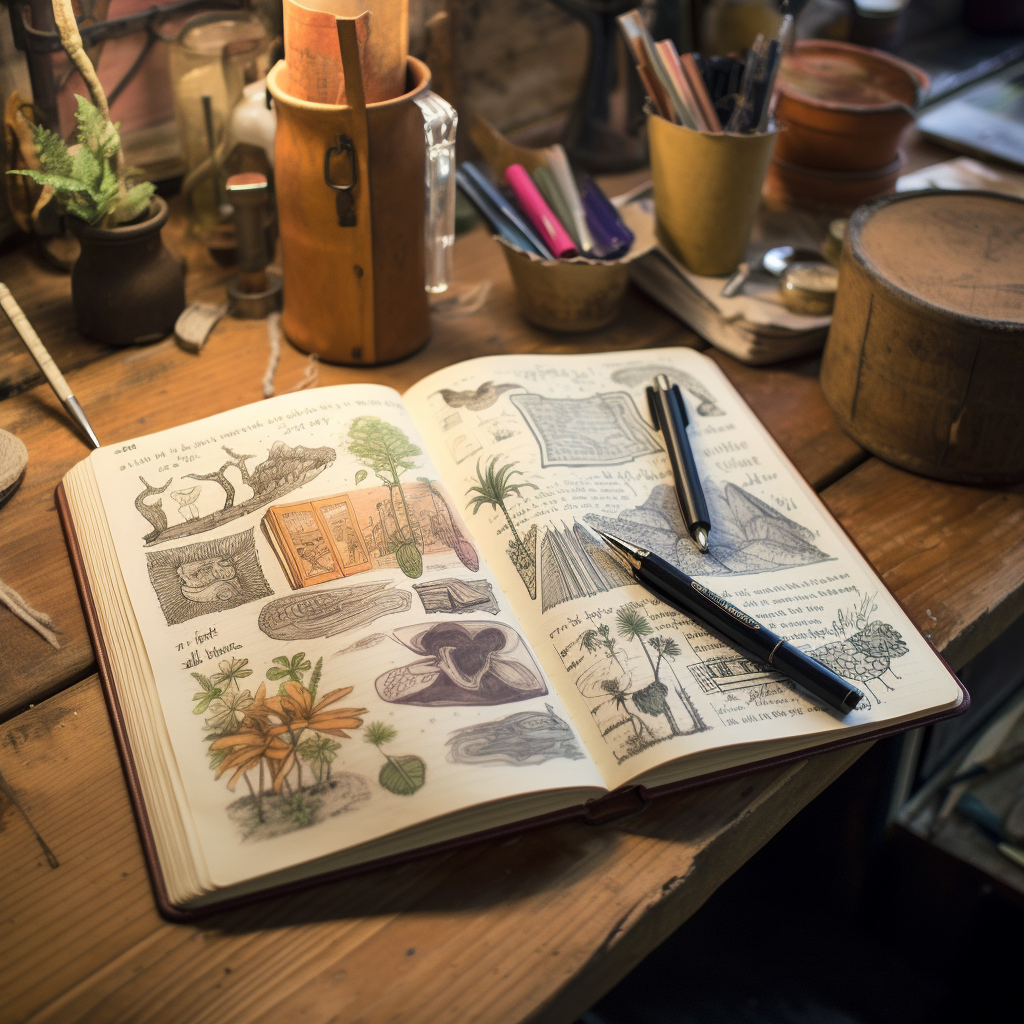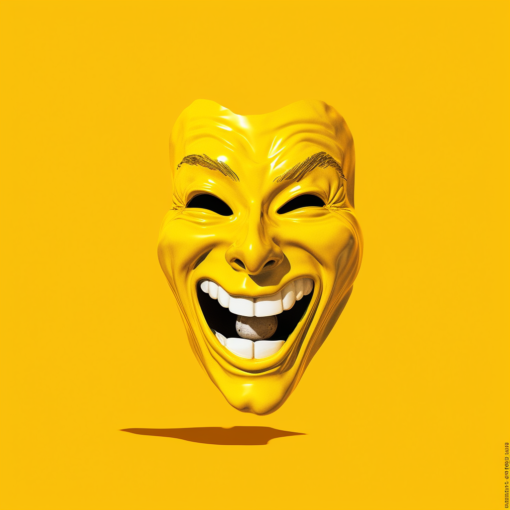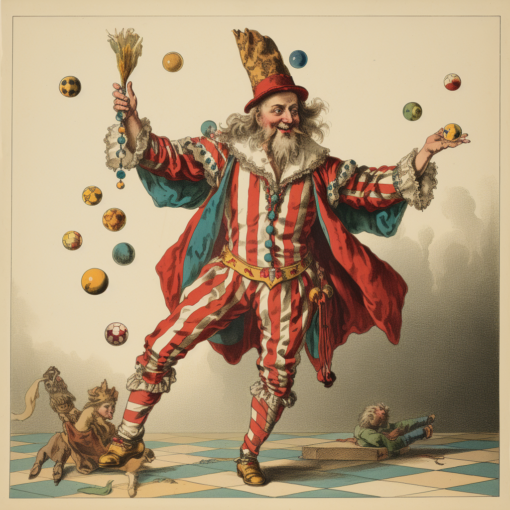Salutations, dear readers! It’s your devoted wordsmith, Percival Q. Higginbottom, bringing you another exploration into the captivating corners of our shared human experience. Today, I invite you to join me as we revel in the pun, that most maligned and celebrated form of humor that graces (or disgraces, depending on one’s perspective) our language.
Puns, dear friends, are to language what jazz is to music – an improvisational art form, a delightful dance of double entendre and subtle suggestion. They are the linguistic embodiment of ‘thinking outside the box,’ where words and phrases pirouette and plié in an unexpected choreography of meaning.
Did you know, for instance, that the humble pun has its roots in the ancient world? Indeed, our ancestors were not immune to the charms of wordplay. The Egyptian hieroglyphics, the Vedas of ancient India, and even the Bible are littered with puns, proving that humor transcends culture and time. There’s something inherently human, it seems, about finding joy in the unexpected twist of language.
But what is it that makes puns so irresistibly funny (or excruciating, as the case may be)? Well, I believe it lies in the surprise. Puns invite us to see words, and by extension the world, from a different angle. They subvert our expectations, creating a delightful cognitive dissonance that tickles our brains and, in the best of cases, our funny bones.
Consider the classic pun: “I used to be a baker, but I couldn’t make enough dough.” Here, ‘dough’ dances between its literal meaning – the mixture used to make bread – and its slang connotation for money. It’s this clever twist, this unexpected alignment of disparate ideas, that produces the chuckle (or the groan).
So, whether you’re a lover of puns or you consider them the lowest form of humor, there’s no denying their impact. They demonstrate the rich flexibility of language and remind us not to take things too seriously. After all, life’s too short not to enjoy a good (or bad) pun!
As Shakespeare’s Mercutio declared in Romeo and Juliet, “Nay, if our wits run the wild-goose chase, I am done.” And with that, dear readers, I believe I am indeed ‘done’ for now. Until our next adventure into the realm of words and whimsy, I remain your humble servant in the pursuit of knowledge and a good laugh.
Cheerio!

- The Punny Pages: A website dedicated to the art of the pun, offering daily puns and an extensive joke collection.
- Punpedia: An online encyclopedia of puns, with a vast collection of puns categorized by topic.
- The History of Puns: An article from HistoryExtra exploring the ancient origins and historical use of puns.
- Why Your Brain Loves Puns: A Psychology Today article explaining the neuroscience behind why our brains find puns amusing.





6 thoughts on “The Wit and Wisdom of Puns: A Delightful Dive into Linguistic Levity”
Thank you for your sharing. I am worried that I lack creative ideas. It is your article that makes me full of hope. Thank you. But, I have a question, can you help me? https://accounts.binance.com/fr/register-person?ref=GJY4VW8W
Your article helped me a lot, is there any more related content? Thanks!
Thank you for your sharing. I am worried that I lack creative ideas. It is your article that makes me full of hope. Thank you. But, I have a question, can you help me?
Thanks for sharing. I read many of your blog posts, cool, your blog is very good.
Your article helped me a lot, is there any more related content? Thanks!
I don’t think the title of your article matches the content lol. Just kidding, mainly because I had some doubts after reading the article. https://www.binance.com/sl/register?ref=GQ1JXNRE